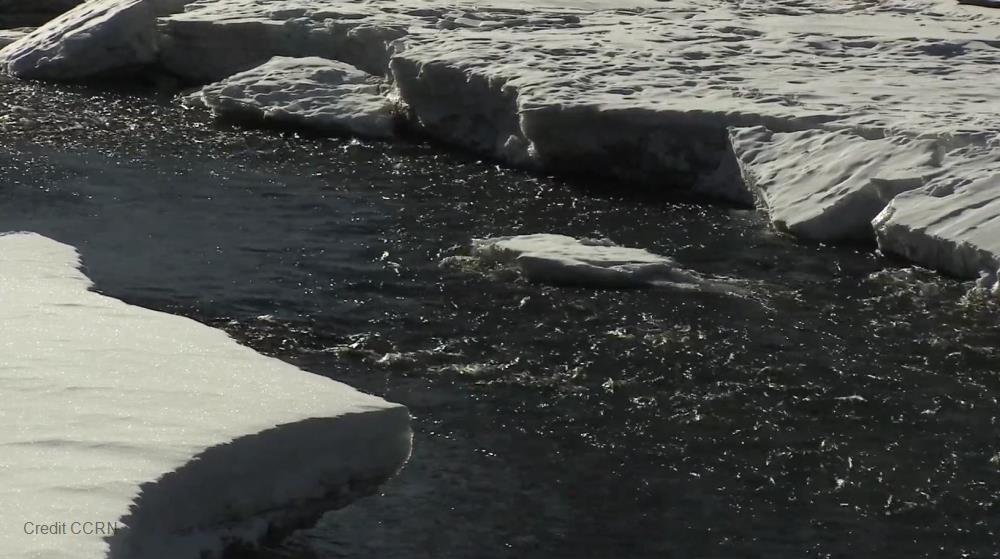
Related items loading ...
Section 1: Publication
Publication Type
News Article
Authorship
Carey, Sean
Title
Water security needs water intelligence: You cannot manage what you do not measure, and we simply measure less about freshwater than we used to in Canada
Year
2024
Publication Outlet
The Hill Times
DOI
ISBN
ISSN
Citation
Abstract
In Canadian cities, new homes and highways crowd out wetlands and industrial expansion takes a toll on already diminishing groundwater supplies. Large prairie cities reliant on snowmelt from the Rockies are often scrambling to cope with dwindling supplies, all while infrastructure ages and human population expands. As our forests burn and permafrost thaws in the North, water quality is degraded, challenging our municipal works and Indigenous communities who have long struggled to secure clean drinking water. Abandoned, existing, and future mines that support energy transition have far-reaching impacts on our water that we struggle to balance with the economic opportunities they provide. All of this is occurring while recent rumblings from our American neighbours about diverting Canadian water south leads to heightened anxiety. Golf courses in the deserts of Arizona and Nevada need to be kept green.
You cannot manage what you do not measure, and we simply measure less about freshwater than we used to in Canada. This decline in our water intelligence has occurred in concert with the rise of digital data and automation, with many different stakeholders recording, storing and documenting data in different formats that are often challenging to navigate and interoperate. The lack of coordination is diminishing the power of the freshwater data we do collect and squanders resources. This can’t happen considering the challenges we face.
There are, however, signs of hope with new developments that may lead to improved decision making and water security for Canadians. The newly established Canada Water Agency is investing $650-million over 10 years in the Freshwater Action Plan. Ecosystem initiatives have been identified, yet these regional projects have limited potential to support long term data collection and target critical yet arguably narrow priorities. There are emerging plans to coordinate those who hold water data, yet the process and pathway is far from clear and many years away. In 2023, the Canadian Foundation for Innovation boldly supported the Global Water Futures Observatories project, a trusted pan-Canadian network of environmental monitoring supersites, deployable systems such as aerial and underwater drones, and cutting-edge laboratories all within a shared data management system to support rapid decision making for water management.
In Yukon, where I focus my research, Wolf Creek Research Basin is now part of Global Water Futures Observatories, has 32 years of continuously collected water and climate data, and provides dozens of users’ critical real-time information while documenting the pace of change. This, and other long-term data, are the foundation upon which numerical water models guide future planning and risk assessments. While Global Water Futures Observatories provides exciting opportunities, the requirement to find 60 per cent of its budget through matching funds puts this program at risk of closing in 2025. This would mothball almost $100-million of new equipment, release 50 highly skilled staff who operate these observatories and manage their freely available data, and most concerningly, degrade Canada’s ability to secure a sustainable water future in an era of rapid environmental and geopolitical change. We rarely disagree about the critical value of water in sustaining our collective prosperity. Now is the time for provincial and federal bodies to work together to support existing critical infrastructure to secure this investment in Canda’s water future.
Much of Canada’s historical strength in environmental management was in the collection of high quality, comprehensive and actionable data for decision makers. We need to coordinate and fund water observations and research to restore our strength and prepare for a future that will require all the water intelligence we can muster, so that we can defend our water security against challenges posed by the climate, our activities, and from our neighbours.
Plain Language Summary


 GWFNet
GWFNet Master
Master Data
Data Research
Research Map
Map
 Advanced
Advanced Tools
Tools
 . . .
. . .
 Metadata Editor
Metadata Editor
 Record List
Record List
 Alias List Editor
Alias List Editor
 Legacy sites
Legacy sites